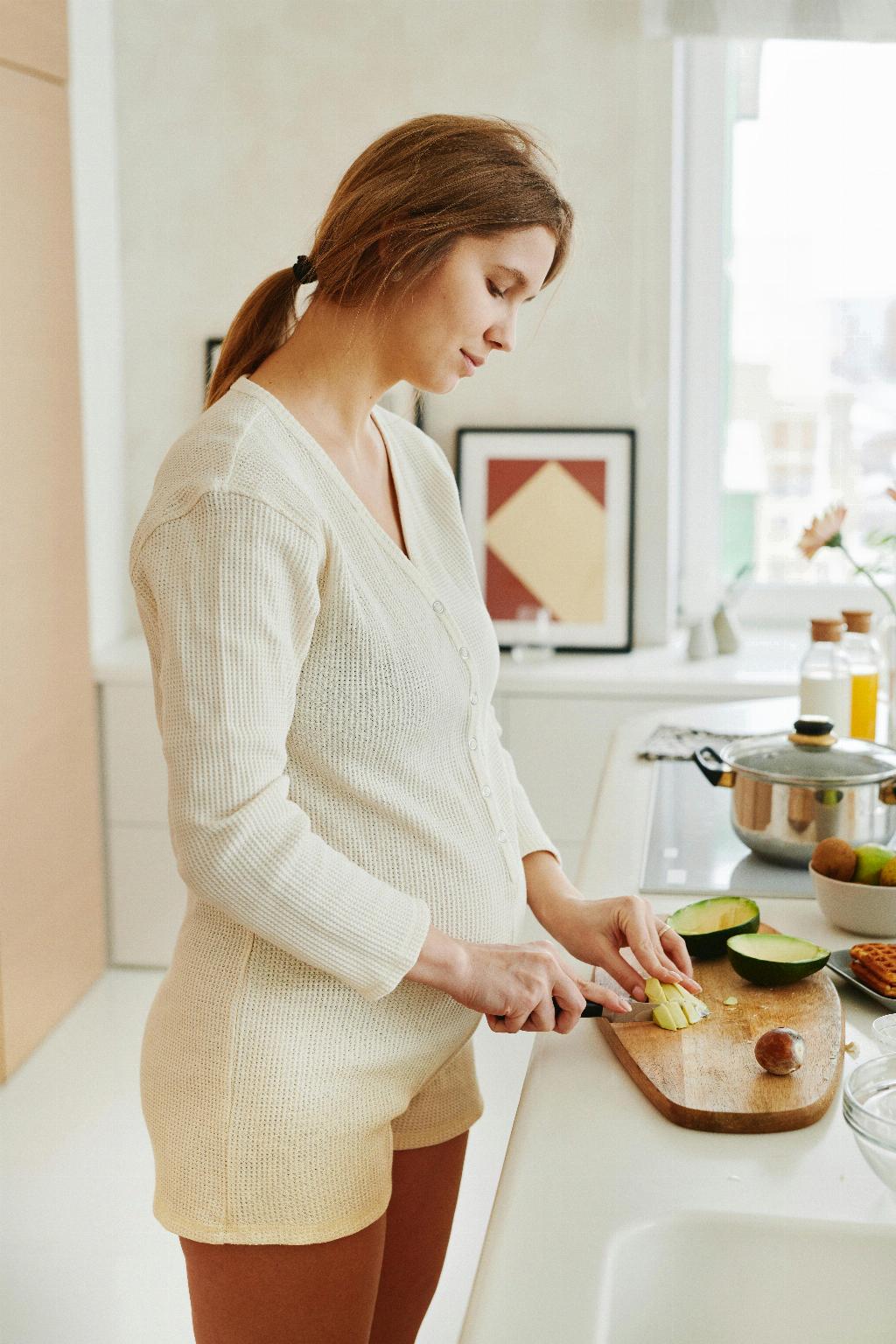When it comes to understanding the odds of Down syndrome at age 37, it’s crucial to consider various factors that contribute to these statistics. Down syndrome, a genetic disorder that typically occurs in people of all races and economic backgrounds, is closely linked to maternal age. It is widely known that as women grow older, the risk of having a baby with Down syndrome increases.
As mentioned earlier, the risk of having a baby with Down syndrome for a 25-year-old mother is approximately 1 in 1250, while the odds increase to 1 in 1000 at age 31. By the age of 35, the risk further rises to about 1 in 400. However, when a woman reaches the age of 37, the probability of having a baby with Down syndrome is estimated to be higher at around 1 in 225.
Despite the increased risk associated with advanced maternal age, it is essential to note that approximately 80% of babies born with Down syndrome are actually born to women under the age of 35. This statistic might seem surprising at first, but it underscores the importance of considering other factors beyond just age when determining the likelihood of having a child with Down syndrome.
One crucial point to remember is that statistical probabilities provide a general overview of the likelihood of certain outcomes. While the odds of having a baby with Down syndrome may increase with maternal age, it is essential to approach these numbers with caution. Each pregnancy and individual case are unique, and a variety of genetic and environmental factors can influence the final result.
Furthermore, advancements in prenatal screening and diagnostic testing have significantly improved the ability to detect chromosomal abnormalities like Down syndrome earlier in pregnancy. These screening methods give expectant parents more information about the health of their baby, helping them make informed decisions about their pregnancy and potential medical interventions.
When discussing the odds of Down syndrome at age 37, it is also important to highlight the emotional aspect of such a diagnosis. Learning that your child may have a genetic disorder can be a challenging and overwhelming experience for many parents. It is crucial to seek support from healthcare professionals, genetic counselors, and support groups to process the information and make informed choices.
Moreover, understanding the implications of a Down syndrome diagnosis involves gaining insight into the potential medical, developmental, and social aspects of caring for a child with special needs. While it may present unique challenges, many families find immense love, joy, and fulfillment in raising a child with Down syndrome and celebrating their unique abilities and qualities.
Ultimately, the odds of having a baby with Down syndrome at age 37 are just one piece of the puzzle when it comes to family planning and prenatal care. It is crucial to approach these statistics with a comprehensive understanding of the complexities involved and to make decisions that align with your personal beliefs, values, and circumstances.
In conclusion, while the odds of Down syndrome may increase with maternal age, each pregnancy is a unique journey with its own set of possibilities and challenges. By staying informed, seeking support, and making decisions that are right for you and your family, you can navigate the complexities of pregnancy with confidence and compassion.

